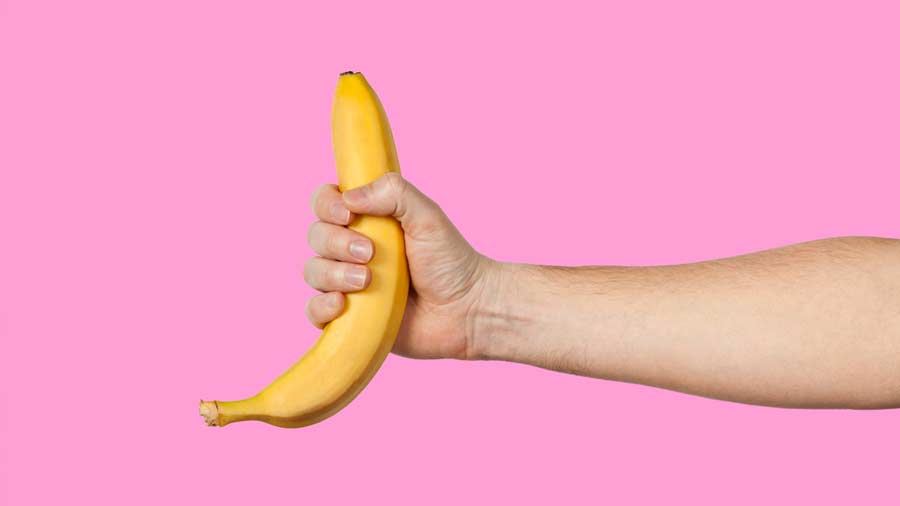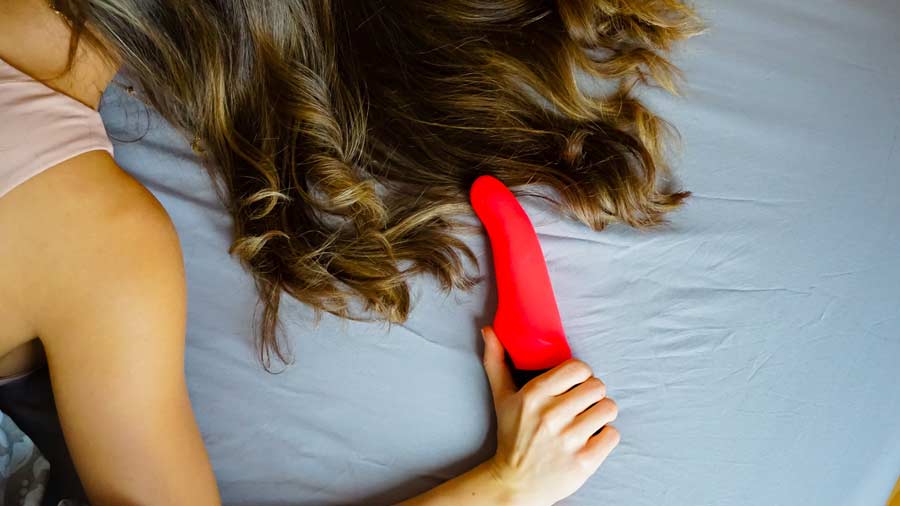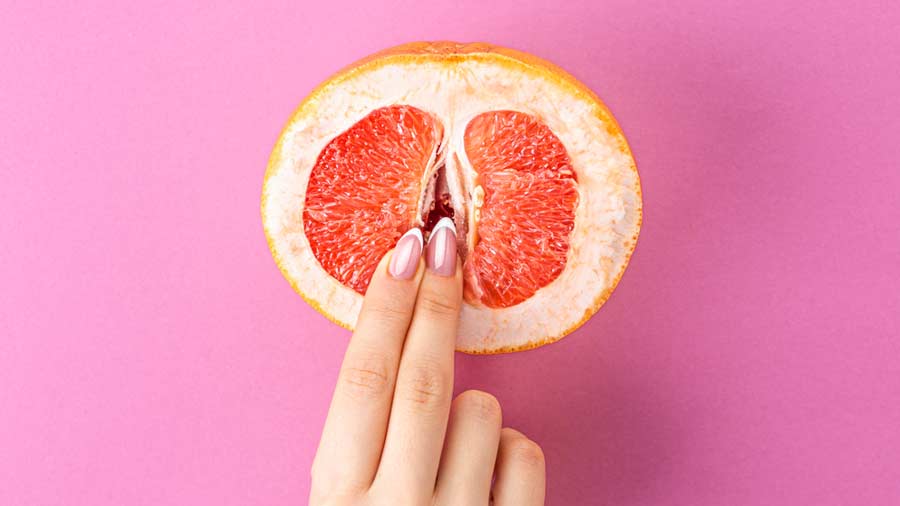What are some of the common side effects of masturbation? I am a 20-year-old and I’m worried about what it might do to me.
If you’ve gone to theatres this week and watched OMG 2 you may be either shocked by (or pleasantly surprised by) the way they talk about masturbation (no spoilers!).
We do a disservice to the act of masturbation by calling it ‘masturbation’ – the almost strange sounding word doesn’t quite capture the essence of what it is. ‘Masturbation’ is nothing but a solo pleasure practice. Dictionary definitions will say ‘stimulation of genitals with the hand’. However, some people experience sexual pleasure even from stimulation (e.g. through touching, stroking, caressing) other body parts and they don’t always use their hands (they could use other body parts, massagers, other household items like a pillow and so much more).
Ohh… so it’s the things that boys do?
Not at all! Our culture to some degree normalises that cis men and boys are more likely to want and pursue sexual pleasure, and this stereotype extends to masturbation as well. However, people of any gender can, and do, masturbate. According to a multi-country study by a sexual wellness company, 91 per cent of cis men in India masturbate, and 55 per cent of cis women masturbate. I would read these results also bearing in mind the cultural stigma against voicing pleasure and masturbation, especially for women —numbers were even higher in other countries (unfortunately, these surveys didn’t include trans folks).

Our culture to some degree normalises that cis men and boys are more likely to want and pursue sexual pleasure, and this stereotype extends to masturbation as well
The most common side effects: pleasure, relaxation, and education
The most common ‘side effects’ or results of masturbation are actually more positive than the stigma and hush-hush around it may like us to believe. It is one of the lowest risk methods to get sexual pleasure as it has a near-zero chance of pregnancy, STI transmission (and heartbreak? hehe) if you’re doing it alone.
The act of masturbation — particularly when it leads to orgasm — releases many happy, sleepy hormones in the brain such as dopamine and endorphins. These hormones can help reduce stress, anxiety, boost one’s mood and could lead to a deeper night’s sleep. Some people don’t actually love the sleepy side-effects, and I get a lot of questions about whether it will reduce the energy or stamina they have overall. Studies show there is no direct effect on overall energy or stamina in the long term, but yes, just like any other physically intensive activity (e.g. running, swimming, dancing), if you do it multiple times a day you might be more tired than usual. If the sleepy side-effects are bothering you during the day, move your solo-pleasure schedule to a time you’re able to go to sleep or take a nap more easily.
As a sexuality educator, I speak with a lot of cis women who have never masturbated and are often going into partnered sexual experiences for the first time with no idea what to expect. Here’s where masturbation can help a lot: if you explore your body solo, take the time to look with a hand mirror to recognise and identify what your parts look like. Take the time to explore your own body — what feels good to you? Where? And how? This way, when you’re with your partner, you’ll be more equipped to offer them guidance like “could you go a bit to the left? A little faster? A little wetter?” and it can significantly reduce some of the stress and uncertainty of first-time sexual experiences.

Masturbation can help women feel better about their bodies and guide the other person in a partnered sexual experience Dainis Graveris/Unsplash
But surely there are some negative side effects too…
Scientific studies have debunked most, if not all, side effects attributed to masturbation. Here are a few common ones I get asked (and find some cool sources linked below):
-Will it reduce my stamina for sports? Nope, athletes do not have reduced stamina unless you do it less than two hours before a game
-Will it give me acne? Nope, the acne you have might be a result of other hormonal changes your body is going through, especially in adolescence
-Will it make me a bad person? Scientifically, there are no negative side-effects. However many social and religious values may dictate otherwise. I suggest you make this decision for yourself on whether this totally safe activity is ‘right’ or ‘wrong’ for you based on your personal value system
-Will it affect the size of my penis or clitoris? Nope
-Will it affect my long-term fertility? Nope — it might reduce the quantity of semen for the next few hours / 1-2 days, but has no long-term effect on fertility; for people with uteruses, it does not affect fertility at all
-Can I get addicted? Well, you’re likely more addicted to other things in your life such as scrolling on Instagram or bingeing a Netflix show. ONLY if it feels compulsive or if it’s coming in the way of your studies, social life, and relationships, I would speak with a doctor and/or counsellor.
Okay, okay, I hear you — but what about the #NoFap movement?
The #NoFap movement is an online anti-masturbation movement propagated by folks (especially cis men) who decide to swear off masturbation and practice semen retention. They claim this helps them focus better, preserve energy, be more ‘manly’ or conform to their religious values. It’s important to note that these benefits have actually not been scientifically proven. On the contrary, a study shows that masturbating more than 21 times per month may actually reduce your risk of prostate cancer in the long term. However, as with everything sex, I encourage you to make an informed decision about whether or not you choose to masturbate on your own.
Sexual health research is largely underfunded, especially for ‘female’ reproductive health, and I’d strongly recommend you make choices that you feel are best for your body, even if it’s based on a mix of scientific and anecdotal evidence
If you do choose to ‘rub one out’, do it guilt free… and if don’t want to, that’s fine too! Hope you find pleasure through other avenues. Enjoy!
Karishma Swarup is a Kolkata-born and raised sexuality educator, Instagrammer (@talkyounevergot) and works at a global consulting firm. She busts myths about sex, pleasure, intimacy, orgasms, periods, and all things related to sexual health.
If you have a question you would like Karishma to answer, send an email on mykolkata@telegraphindia.com with the subject line ‘Questions for Karishma’ or DM/comment on our Facebook, Instagram, or Twitter.


